 In the latest issue of the Journal of Manmohan Memorial Institute of Health Sciences appeared two articles focusing on the ERASMUS+ programme. This new issue of the journal was published earlier this month, it is an Open Access journal hence its articles can be read free of charged. Unfortunately, due the UK leaving the European Union (EU), ERASMUS+ has just come to an end this summer for universities in the UK.
In the latest issue of the Journal of Manmohan Memorial Institute of Health Sciences appeared two articles focusing on the ERASMUS+ programme. This new issue of the journal was published earlier this month, it is an Open Access journal hence its articles can be read free of charged. Unfortunately, due the UK leaving the European Union (EU), ERASMUS+ has just come to an end this summer for universities in the UK.
The first article is an editorial that outlines the benefits of the staff and student exchange between Manmohan Memorial Institute of Health Sciences (MMIHS) in Nepal and Bournemouth University [1]. The paper concludes that the world is rapidly becoming a smaller place with globalisation occurring everywhere. The process of internationalising higher education institutions through partnerships like ours, brings benefits to both MMIHS and BU and to both staff and students. For the latter, it offers new ideas, alternative ways of thinking, insights in the other people’s value systems and cultures, etc. It equips students and staff with knowledge, skills and dispositions to work in culturally diverse and international contexts, providing them with a wider diversity of knowledge and greater understanding of global issues and challenges. In short, the partnership offers many opportunities to gain new experiences, explore new sources and perspectives, and improve their cross-cultural capabilities and, ultimately, their employability.
Secondly, there is an article co-authored by the seven MMIHS students, who came to BU in late 2022-early 2023, highlighting what they had learnt from one of the modules they attended [2]. This paper has as it central feature involving patients and the general public in all aspects of research, which was very much a new idea for these seven MSc students from Nepal.

Prof. Edwin van Teijlingen
Centre for Midwifery & Women’s Health (CMWH)
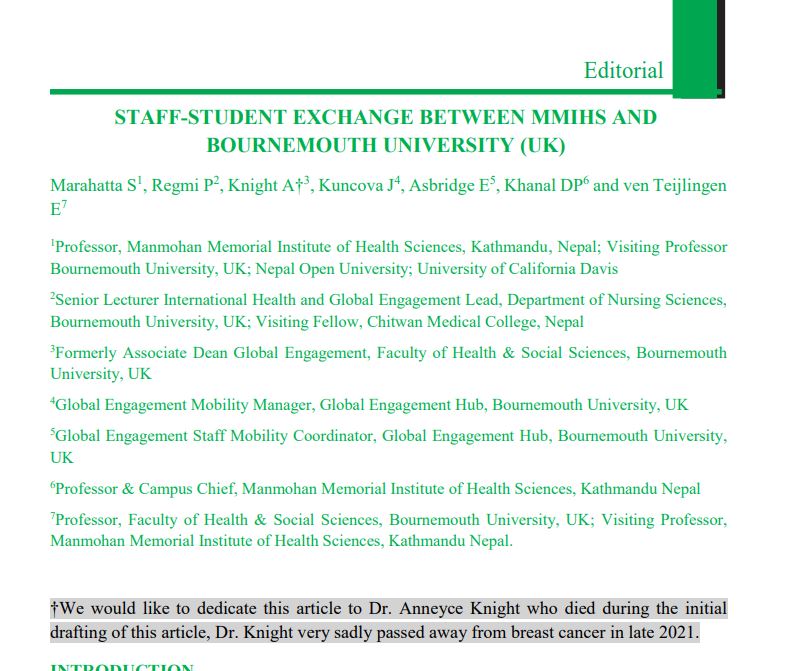
References:
- Marahatta, S., Regmi, P., Knight, A., Kuncova, J., Asbridge, E., Khanal, D., van Teijlingen, E. (2023) Staff-Student Exchange between MMIHS and Bournemouth University (UK). Journal of Manmohan Memorial Institute of Health Sciences, 8(1): 1–5. https://doi.org/10.3126/jmmihs.v8i1.57265
- Khatiwada, S., Gautam, P., Koju, A., Niraula, B., Khanal, G., Sitaula, A., Lamichhane, J., Regmi, P., van Teijlingen, E. (2023) Patient and Public Engagement in Health Research: Learning from UK Ideas. Journal of Manmohan Memorial Institute of Health Sciences, 8(1): 28–35. https://doi.org/10.3126/jmmihs.v8i1.57268

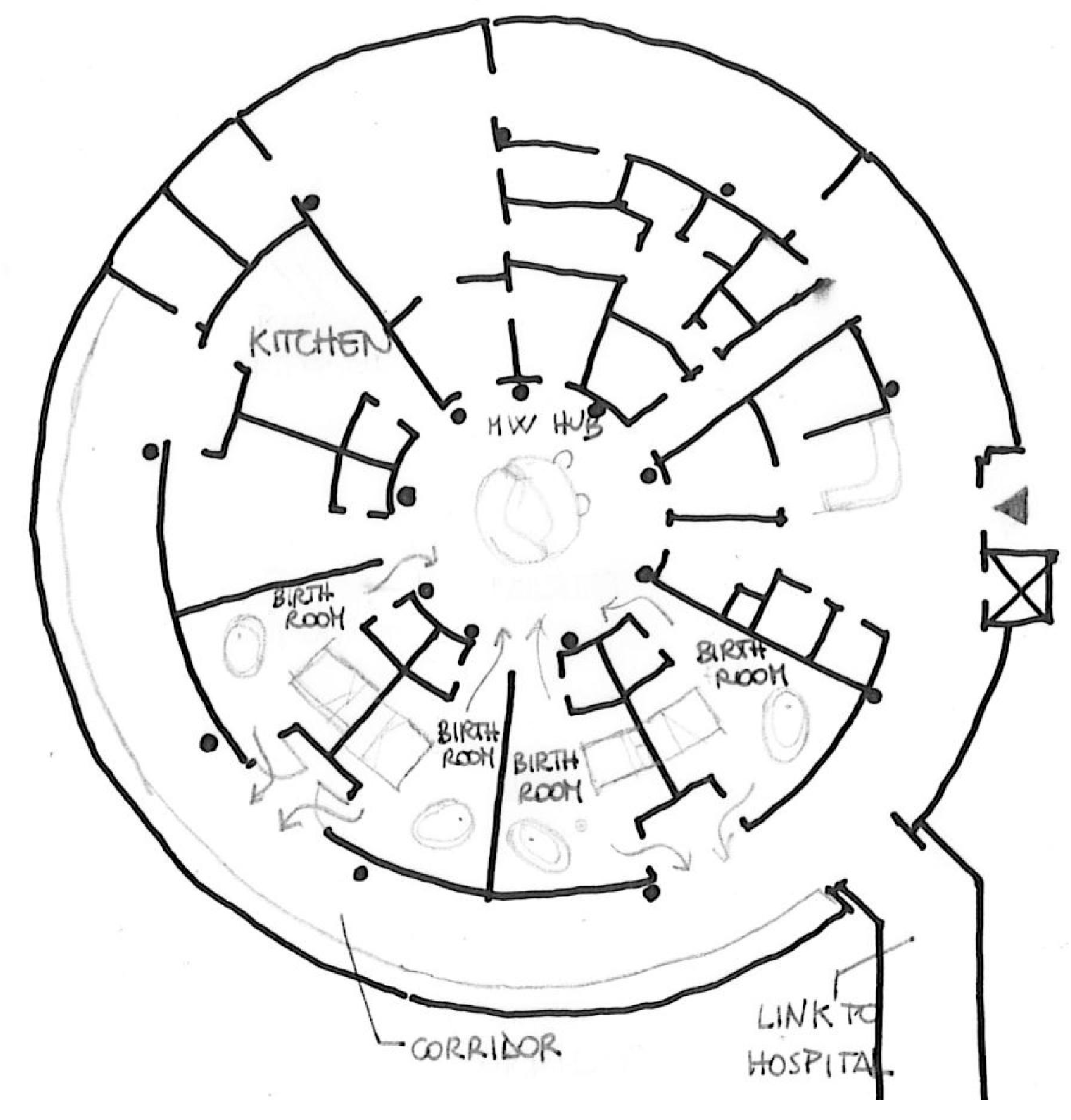





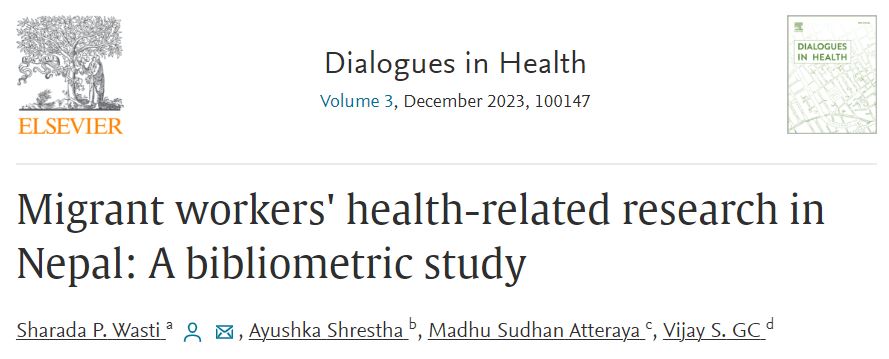
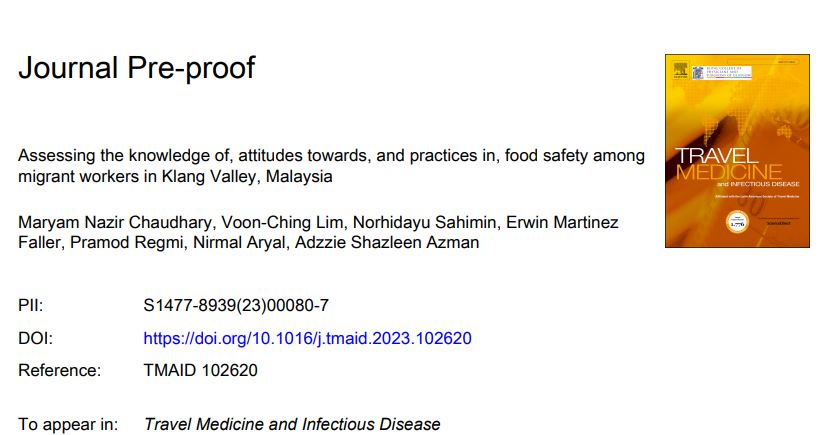
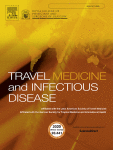
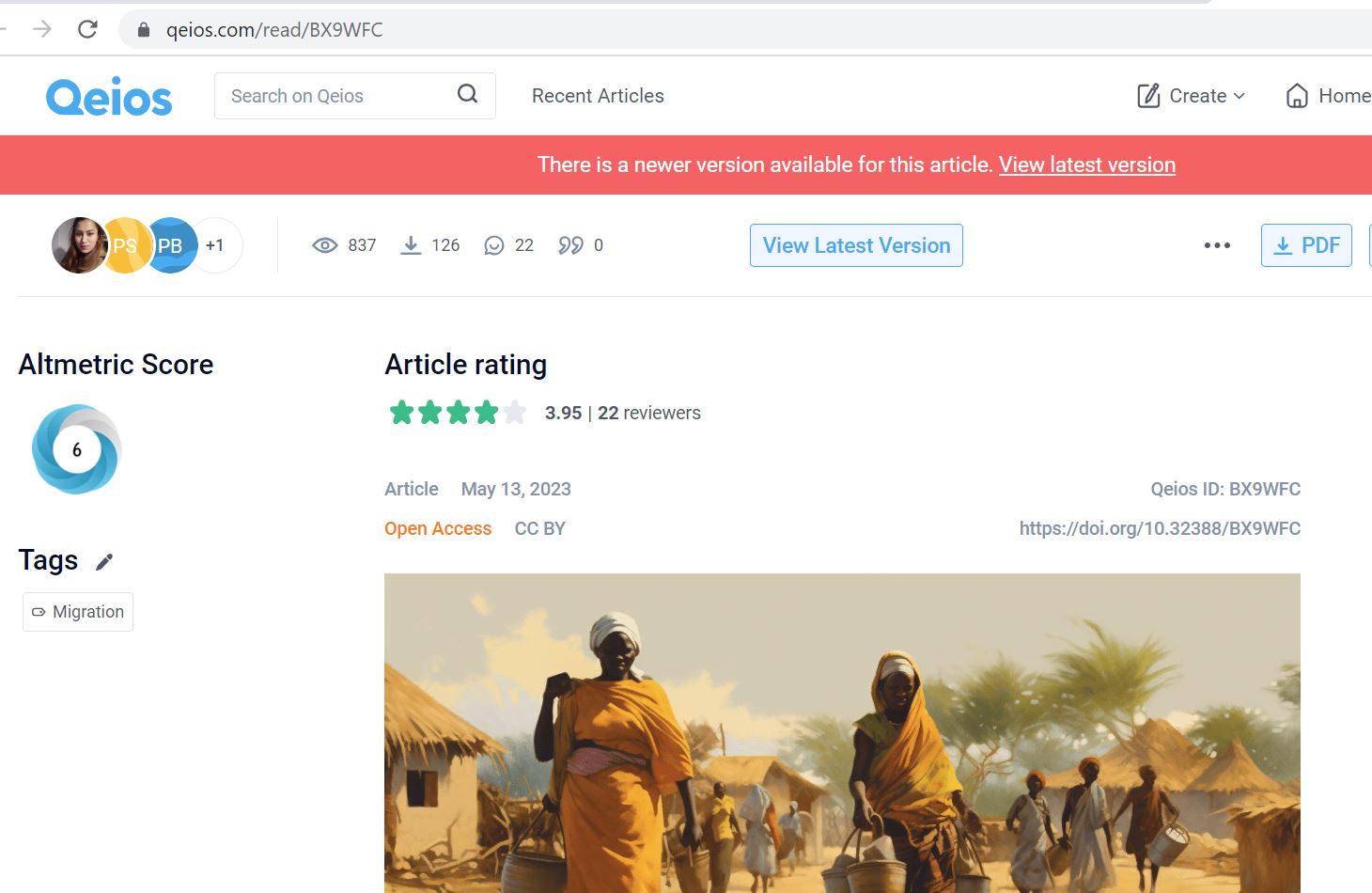

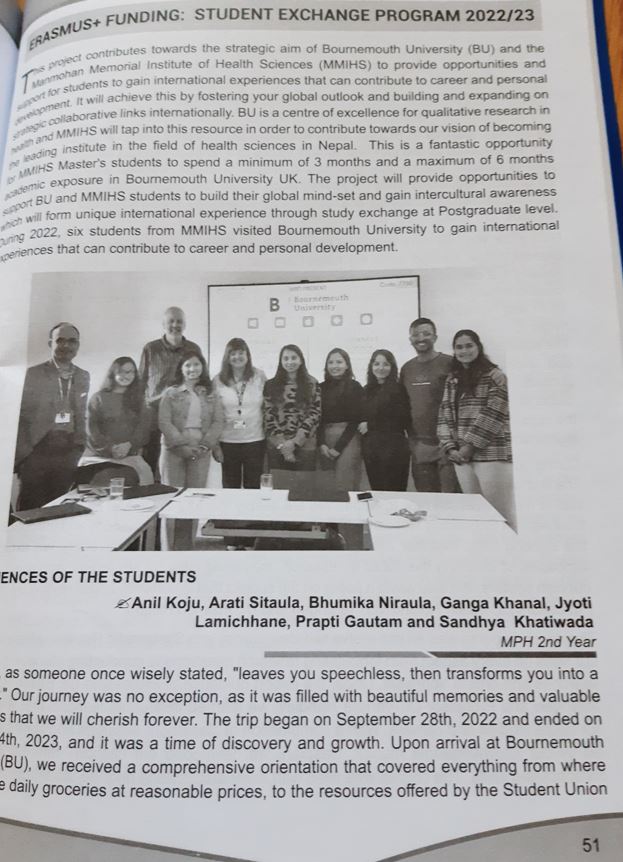
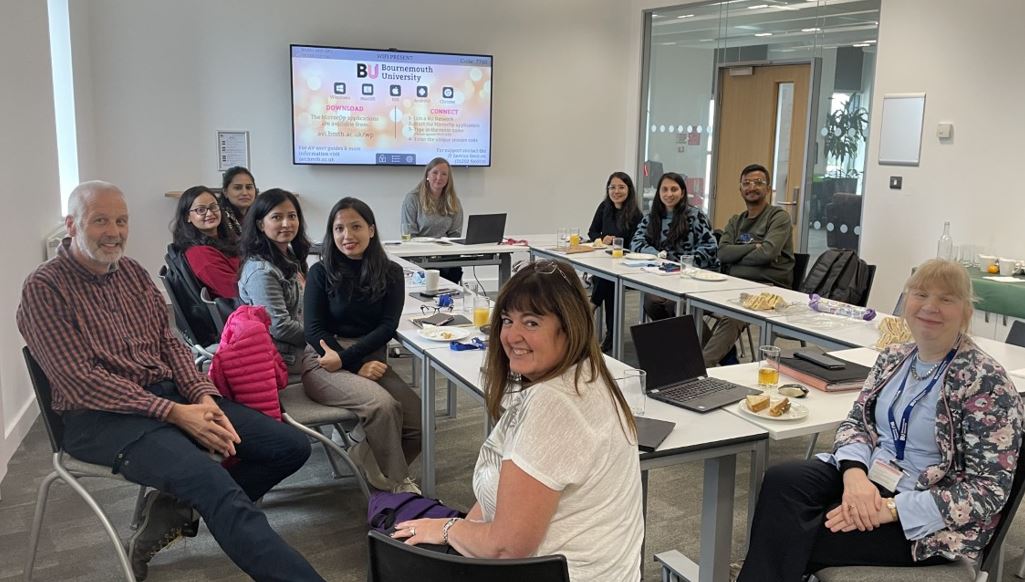
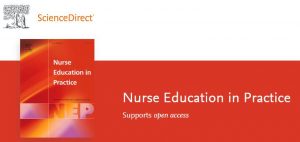

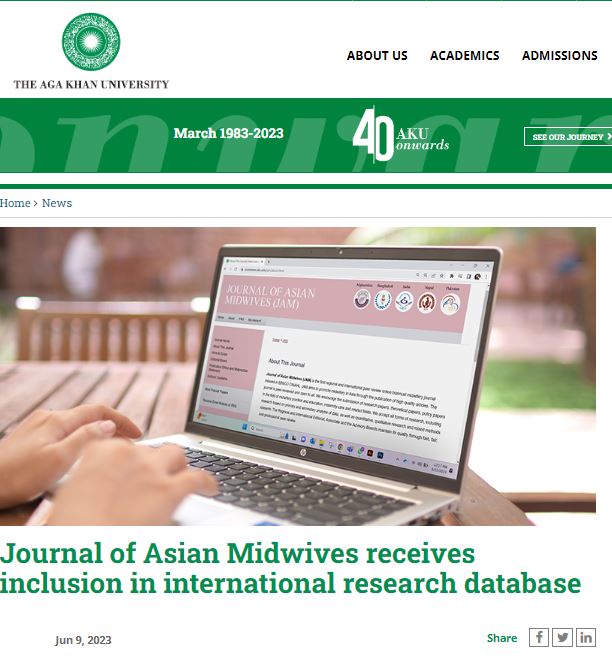



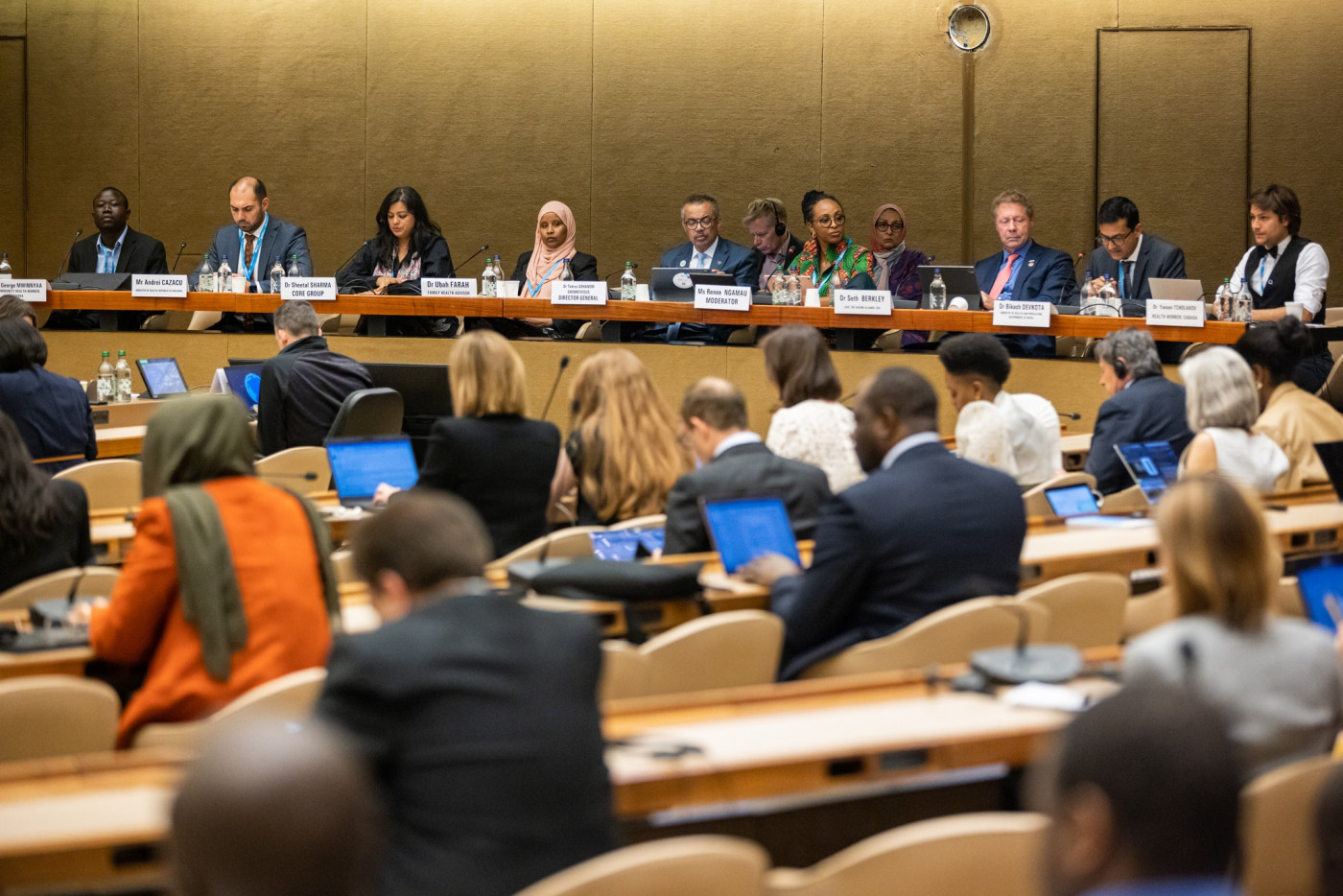

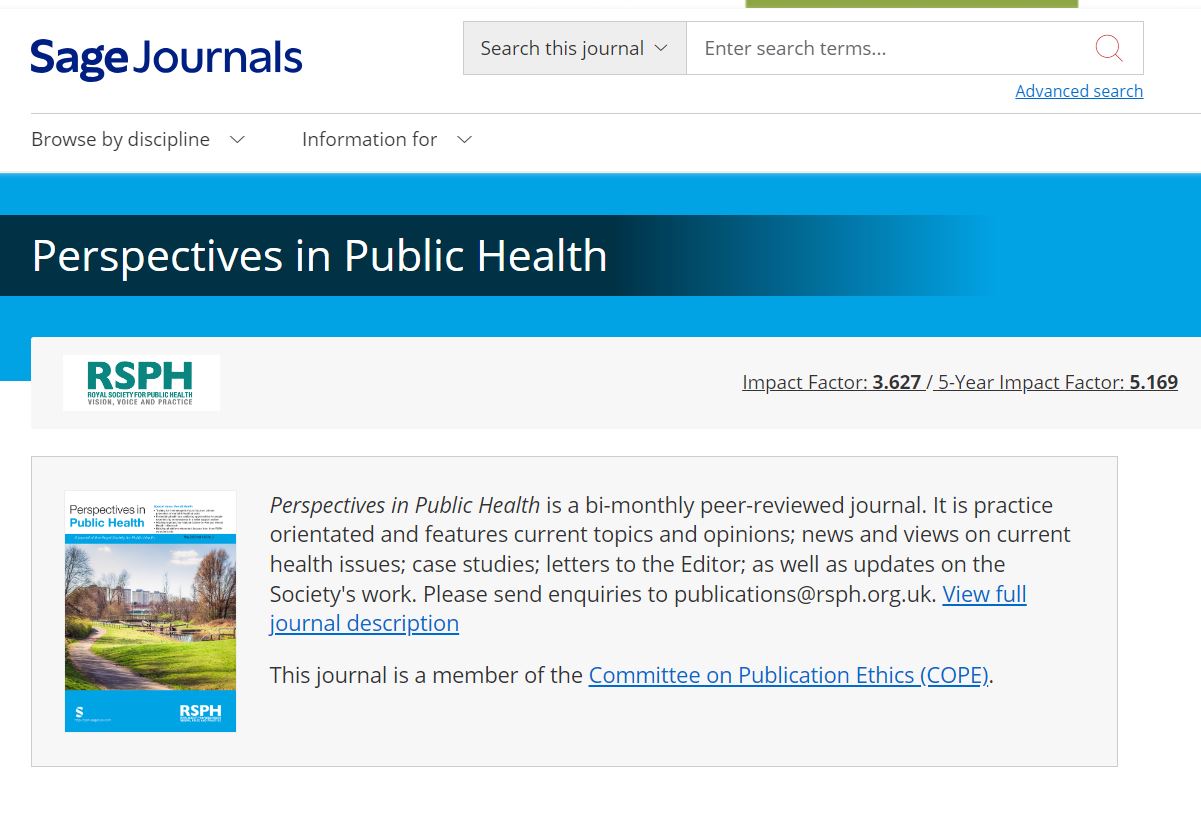


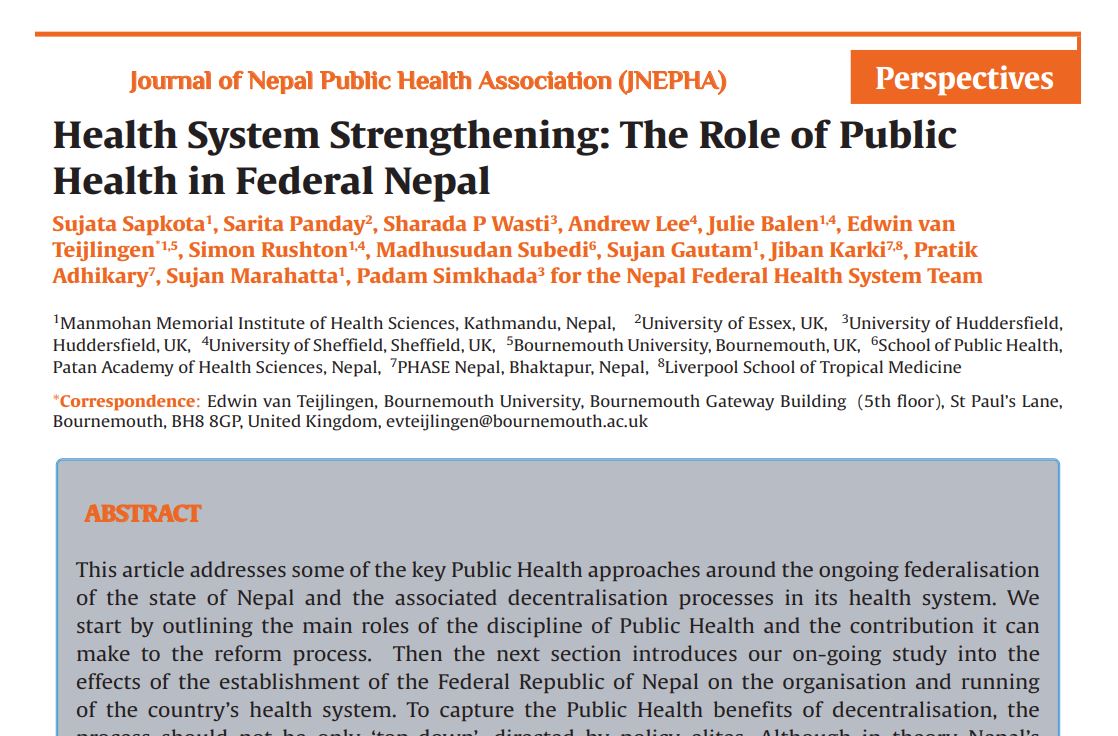
 Last we took a new step into the academic publishing by submitting a paper to Qeios. This Open Access journal publishes papers for free, more or less immediately and after the paper has appeared online peer-reviewers are being invited. The paper ‘
Last we took a new step into the academic publishing by submitting a paper to Qeios. This Open Access journal publishes papers for free, more or less immediately and after the paper has appeared online peer-reviewers are being invited. The paper ‘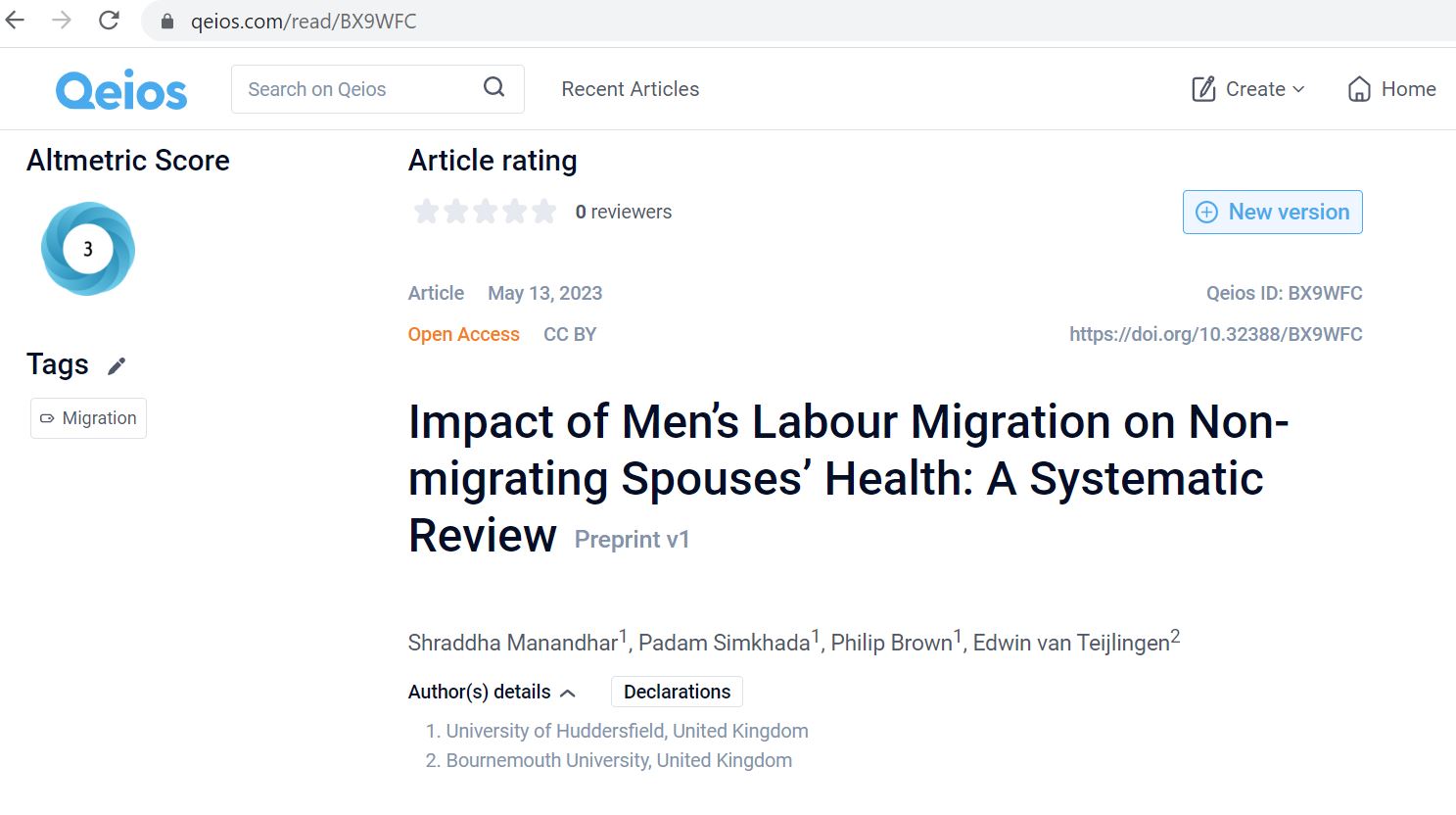

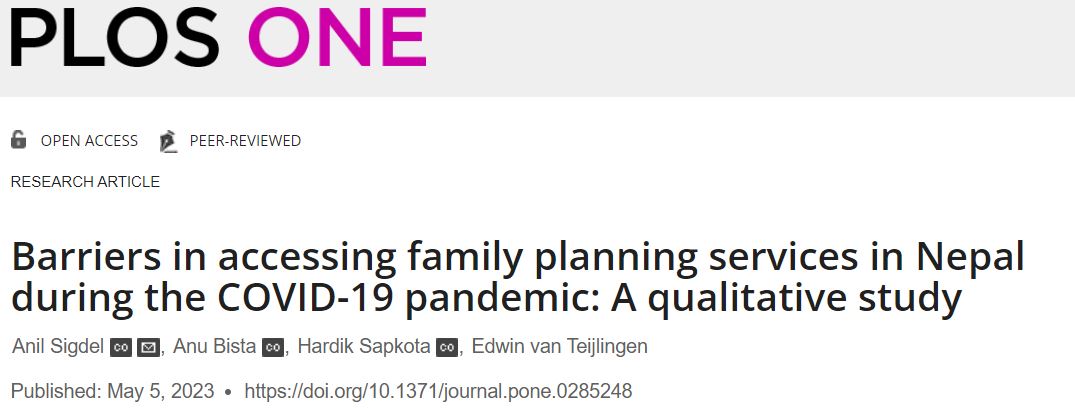
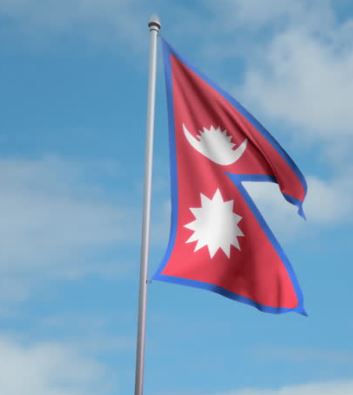











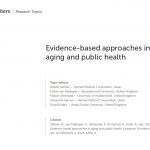 New eBook published in April
New eBook published in April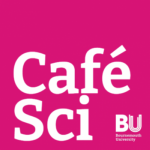 Café Scientifique Tuesday 4 June 2024 – How can we become more resilient in the face of multiple risks and hazards?
Café Scientifique Tuesday 4 June 2024 – How can we become more resilient in the face of multiple risks and hazards? MSCA Postdoctoral Fellowships 2024
MSCA Postdoctoral Fellowships 2024 Horizon Europe News – December 2023
Horizon Europe News – December 2023